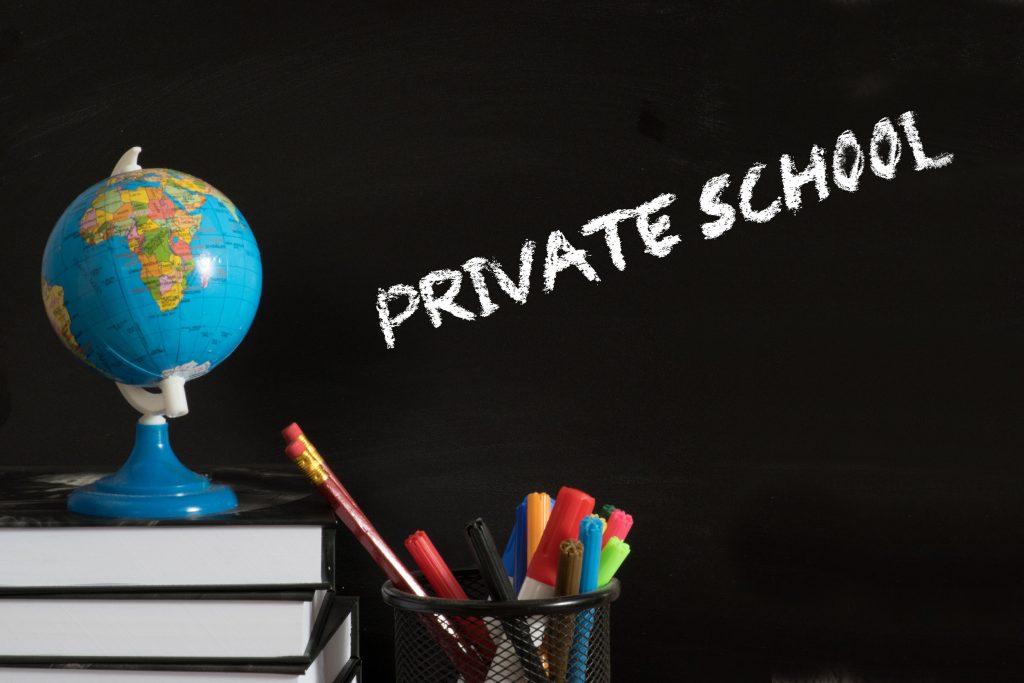
Not every bright future requires a four-year degree and a mountain of student debt. As college costs continue to skyrocket, more parents and teens are looking for alternative paths that deliver faster results, real-world experience, and financial stability. Whether your child wants to work with their hands, dive into tech, or start earning right away, there are programs that can prepare them for a successful career without a traditional college diploma. In fact, many of these options are not just good—they might actually be better than college for students who want something more practical, affordable, and tailored to their interests. Here are 12 programs worth exploring if your child is ready for life after high school on their own terms.
1. Coding Bootcamps
Coding bootcamps are intensive programs that teach web development, data science, and other tech skills in as little as 8 to 16 weeks. These are often better than college for students who want to break into tech fast and skip the general education fluff. Many bootcamps offer job placement support and strong hiring networks. Companies increasingly care more about skills than degrees when it comes to tech roles. If your child is analytical and loves computers, this is a smart investment.
2. Apprenticeship Programs
Registered apprenticeships allow students to earn while they learn in fields like plumbing, electrical work, and HVAC. They combine classroom instruction with hands-on training and often lead directly to full-time jobs. For kids who prefer practical work to classroom lectures, this path is often better than college. Apprenticeships usually end in a professional certification and offer real earning potential without student loans. The best part? They’re paid from day one.
3. Trade School Certification
Trade schools offer targeted training in skilled careers such as welding, carpentry, or diesel mechanics. Programs are typically under two years and provide clear pathways into high-paying, high-demand jobs. For hands-on learners, this route is often better than college in both time and cost. Many trade school grads earn more than their peers with bachelor’s degrees. It’s ideal for students who want to build something tangible with their career.
4. EMT and Paramedic Training
For students interested in emergency medical work, EMT and paramedic training can be completed in less than a year. These roles are crucial, respected, and often lead to long-term careers in healthcare or public safety. They’re also better than college for those who want to help people without going into medical school debt. Community colleges and technical institutes usually offer these programs at affordable rates. Job demand is strong, and experience in the field can lead to further advancement.
5. Military Enlistment With Benefits
Joining the military is a major decision, but it comes with benefits like paid education, housing, travel, and job training. For the right personality, it can be better than college both financially and developmentally. Enlistees gain discipline, structure, and a strong resume early in life. Plus, the GI Bill can later fund a degree if they change course. It’s worth considering for kids who thrive on challenge and structure.
6. Police and Fire Academies
Local police and fire departments often recruit right out of high school, followed by academy training. These careers offer job security, benefits, and opportunities for advancement. For students drawn to public service, this option can be better than college and far more hands-on. Some departments even help fund future education. If your child wants to serve their community and stay active, this might be the perfect fit.
7. Associate Degrees in Applied Science
Two-year associate degree programs in applied sciences—like radiology tech, dental hygiene, or medical lab tech—can lead to lucrative healthcare roles. These are often better than college for students who want a career without the four-year price tag. Programs are offered at community colleges with strong job placement rates. Graduates walk into stable, well-paying jobs with minimal debt. It’s a win for both financial and professional security.
8. FAA Air Traffic Control or Aviation Programs
The Federal Aviation Administration (FAA) offers programs for training air traffic controllers and aviation techs that pay very well and don’t require a traditional degree. These programs are better than college for kids who love structure, attention to detail, and high responsibility roles. They usually involve specialized training and licensing. Demand is high and salaries are competitive. It’s a great option for students looking for an exciting, future-proof career.
9. Google Career Certificates
Google now offers professional certificates in fields like IT support, UX design, data analytics, and project management. These programs take 3 to 6 months and cost under $300—making them far better than college in terms of ROI. They’re respected by top employers and provide real job skills. No prior experience is required, and the courses are online and flexible. It’s an ideal choice for digital-savvy teens.
10. Culinary School
For young chefs with passion and creativity, culinary school offers hands-on training in the food industry. Programs range from months to two years and offer a clear path into restaurants, catering, or food media. Culinary school is often better than college for students who want to turn their love of food into a career without sitting through four years of lectures. From pastry chefs to food truck entrepreneurs, the possibilities are endless. Real-world experience often starts on day one.
11. Real Estate Licensing
Real estate can be a surprising path for driven young people who are great with people and eager to work independently. In most states, you can earn your real estate license with just a few months of study after turning 18. It’s better than college for entrepreneurial-minded teens ready to hustle. While income depends on effort, many agents build strong careers quickly. It’s an exciting option with flexibility and big potential.
12. Digital Marketing Certifications
Digital marketing is booming, and certifications in SEO, social media, email marketing, and content creation are more valuable than ever. Many of these programs are available online, affordable, and project-based—often better than college for tech-savvy teens. Employers are more focused on what you can do than where you studied. With freelance and remote work options, it’s a flexible, future-friendly career path. Ideal for creative kids with a knack for strategy.
Helping Your Child Choose the Right Path
There’s no one-size-fits-all answer when it comes to launching a meaningful, successful career. For many families, these 12 programs are better than college in terms of time, cost, and real-world payoff. Whether your child is hands-on, tech-focused, or eager to serve, there’s a path that matches their talents and values. The key is helping them choose confidently—knowing that success isn’t about the label, it’s about the fit.
What non-college career path has your teen considered—or already taken? Share your story in the comments and help other families explore new possibilities!
Read More:
7 College Courses That Won’t Give Your Child Any Advantages
8 Types of Colleges That No Parent Should Be Looking At For Their Child
Catherine is a tech-savvy writer who has focused on the personal finance space for more than eight years. She has a Bachelor’s in Information Technology and enjoys showcasing how tech can simplify everyday personal finance tasks like budgeting, spending tracking, and planning for the future. Additionally, she’s explored the ins and outs of the world of side hustles and loves to share what she’s learned along the way. When she’s not working, you can find her relaxing at home in the Pacific Northwest with her two cats or enjoying a cup of coffee at her neighborhood cafe.








